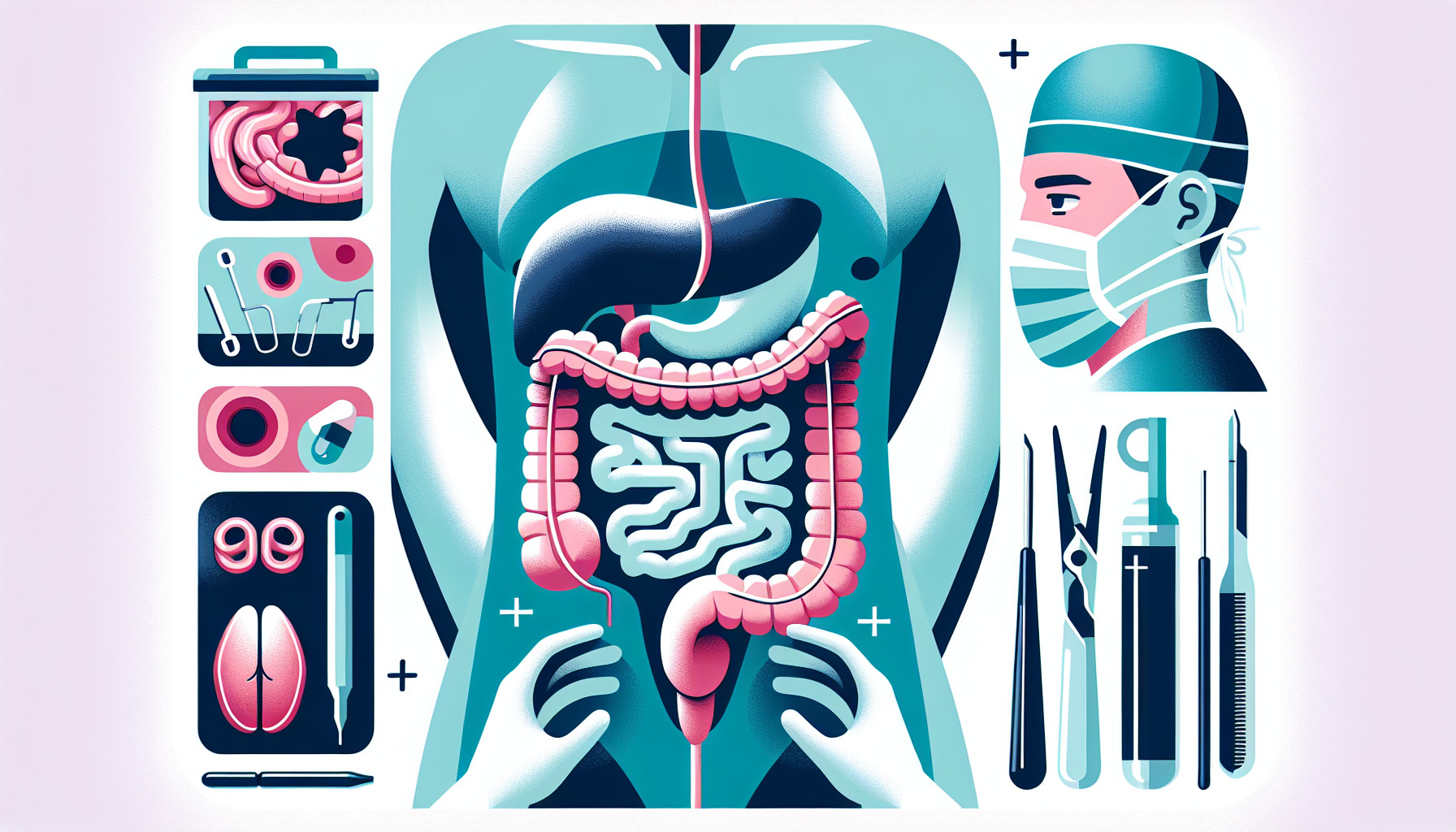Our Summary
This research paper discusses a rare liver condition called Progressive Familial Intrahepatic Cholestasis Type 1 (PFIC1). PFIC1 is a disorder that is passed down through families, and it affects the liver’s ability to properly handle bile (a substance produced by the liver to help digest fats). This condition can cause severe liver disease, and in some cases, a liver transplant may be necessary.
The paper describes the cases of three patients with PFIC1, all of whom had liver transplants. The first patient had symptoms such as jaundice, intense itching, diarrhea, and slowed growth. She had a type of surgery called total internal biliary diversion (TIBD) when she was two years old. Seven years later, her liver showed signs of fat build-up, but her diarrhea improved and her growth started to catch up.
The second patient had a liver transplant and an intestine transplant when she was eight years old. Unfortunately, she developed severe pancreatitis due to the treatment given to prevent organ rejection. She passed away 1.7 years after her surgeries due to a pancreatic abscess and a severe lung condition.
The third patient had a different type of surgery at 15 months old, and a liver transplant when she was 15 years old. Two years later, her liver showed signs of fat build-up and inflammation, but she did not develop any abdominal symptoms.
The paper concludes that the outcomes for patients with PFIC1 can vary widely. Therefore, it’s important to consider individualized treatment options to prevent complications after a liver transplant.
FAQs
- What is Progressive familial intrahepatic cholestasis type 1 (PFIC1)?
- What are the possible complications after a liver transplantation for PFIC1 patients?
- What are the possible therapeutic options to mitigate post-liver transplantation complications in patients with PFIC1?
Doctor’s Tip
A doctor might tell a patient undergoing an intestinal transplant to closely monitor their diet and avoid foods that may exacerbate diarrhea or digestive issues. They may also recommend regular follow-up appointments to monitor graft function and address any potential complications early on. Additionally, the doctor may advise the patient to adhere to their prescribed medication regimen and avoid any potential triggers that could lead to rejection of the transplanted intestine.
Suitable For
Patients with progressive familial intrahepatic cholestasis type 1 (PFIC1) who experience progressive liver disease and complications such as severe diarrhea and graft steatohepatitis may be recommended for intestinal transplant. In some cases, liver transplantation alone may not be sufficient to address the underlying condition, and a combination of liver and intestinal transplantation may be necessary. Patients with end-stage liver disease and short bowel syndrome caused by massive bowel resection may also be candidates for sequential intestine-liver transplantation. It is important to consider individual patient characteristics and potential postoperative complications when determining the appropriate treatment approach for patients with PFIC1.
Timeline
Before intestinal transplant:
- Patient presents with symptoms such as jaundice, pruritus, diarrhea, and growth retardation
- Patient may undergo liver transplantation with total internal biliary diversion (TIBD) to the colon
- Graft biopsy may reveal microvesicular steatosis
- Diarrhea may improve and growth failure may start to recover
After intestinal transplant:
- Patient may develop severe pancreatitis induced by steroid-bolus therapy for rejection
- Patient may experience complications such as uncontrollable pancreatic abscess and acute respiratory distress syndrome
- Graft biopsy may reveal macrovesicular steatosis with inflammation
- Patient may show no abdominal symptoms, including diarrhea and pancreatitis
- Individualized therapeutic options may be considered to mitigate post-transplant complications
What to Ask Your Doctor
- What are the potential risks and complications associated with an intestinal transplant for my specific condition?
- How long is the recovery process expected to take after an intestinal transplant?
- Will I need to take immunosuppressant medication for the rest of my life after the transplant?
- What lifestyle changes will I need to make after the transplant to ensure its success?
- How often will I need to follow up with a transplant specialist after the procedure?
- Are there any specific dietary restrictions I will need to follow post-transplant?
- What is the long-term prognosis for patients who undergo an intestinal transplant for my condition?
- Are there any alternative treatment options available for my condition aside from an intestinal transplant?
- How experienced is the medical team in performing intestinal transplants at this facility?
- Can you provide me with more information on the potential outcomes and success rates of intestinal transplants for patients with progressive familial intrahepatic cholestasis type 1?
Reference
Authors: Uchida H, Sakamoto S, Komine R, Kodama T, Nakao T, Yanagi Y, Shimizu S, Abbas SH, Fukuda A, Kasahara M. Journal: Pediatr Transplant. 2023 Sep;27(6):e14566. doi: 10.1111/petr.14566. Epub 2023 Jul 7. PMID: 37417206
